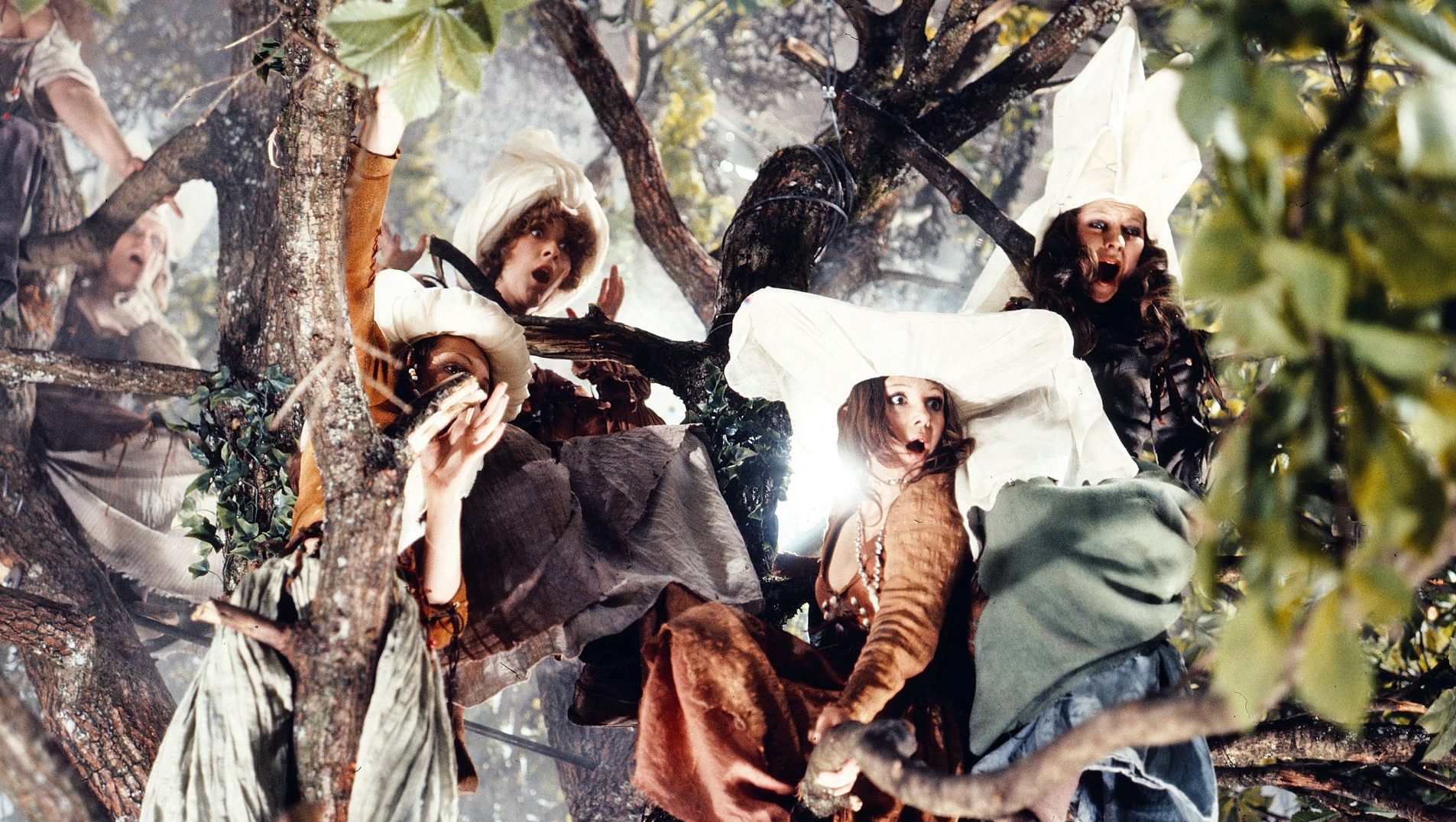Standard English is in many ways the most important variety of the English
language. It is the one normally used in the broadcast media and in print, including in this newspaper. It is the kind of English used in our education
system: children normally learn to read and write in Standard English. And it is the dialect usually taught to non-native speakers.
But this important English variety has a number of rather striking grammatical oddities which distinguish it from most other forms of the language.
Standard English, more or less alone among English dialects, fails to distinguish between the past-tenseforms of the auxiliary verb “to do” and
the main v erb “to do”. Auxiliary do has nothing to do with “doing” anything
and is used by English speakers to perform grammatical operations, like
interrogation and negation, as in “Do you come here often?” and “No, I don’t
come here often”. The past-tense form of this auxiliary verb is did: “Did you
come here often in those days?” and “No, I did not come here often”.
Main verb “do”, on the other hand, is used to indicate that somebody is actually “doing” something: “I do German at school”; “I do what I can to help.”
In most nonstandard dialects over most of the English-speaking world, the past-tense form of this main verb do is done: “We done German at school last year”; “I done what I could to help.”
The contrast between the two different to do verbs can readily be seen in nonstandard constructions such as “You done it, did you?” Standard English, which does not make the distinction between the two dos, has “You did it, did you?” (No one would say “You done it, done you?”)
Another grammatical construction which is lacking in Standard English is known as “negative concord” or “multiple negation”. In most nonstandard varieties, negative forms have to agree grammatically with one another throughout a clause – that is, all the words which can take a negative form must do so, as in “I couldn’t find none nowhere”. (This is similar to grammatical gender agreement throughout a French clause, as in la belle maison blanche “the beautiful white house [feminine]” as opposed to le beau
château blanc “the beautiful white castle [masculine]”). In Standard English, negative agreement does not occur: “I couldn’t find any anywhere.”
Standard English also has an oddly irregular way of forming reflexive pronouns with self, as in “I hurt myself”. Some Standard English forms are derived from possessive pronouns, as in myself, yourself, ourselves, yourselves, and others are derived from the object pronouns, as in himself, themselves. Many nonstandard dialects have an entirely regular system with possessive forms throughout: hisself, theirselves instead of the Standard English forms.
One more peculiarity of Standard English is that past-tense forms of the verb “to be” are irregular, with a redundant distinction between singular and plural forms – was versus were – which is something which does not happen with other verbs: I was, you was, she was but we were, you were, they were. Most nonstandard dialects use the same form for singular and plural: either “was” throughout (I/you/she/we/you/they was); or, especially in parts of the north of England, “were” in all cases, so I were, he were, as well as you were, we were, they were.
BROADCAST
The original meaning of the verb “to broadcast” pertained to agriculture and horticulture, indicating the usage of the method of scattering seed or other elements over the whole surface of the soil rather than at individual points. The word was first used in connection with radio (and subsequently TV) broadcasting in 1914.




